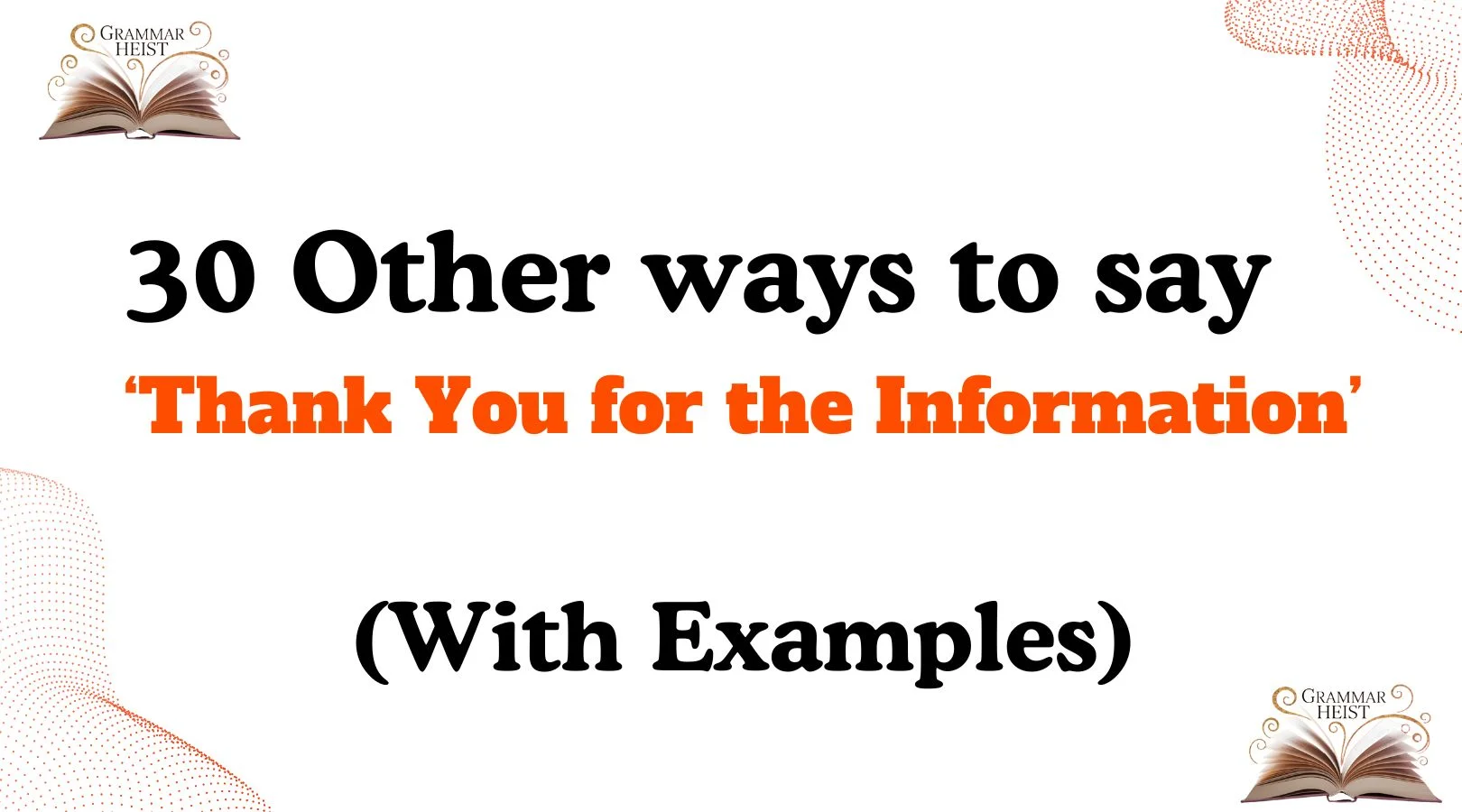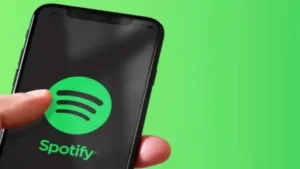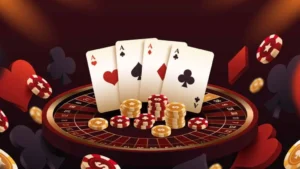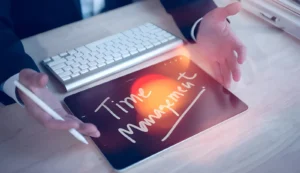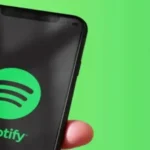Finding the right words can make all the difference in how your message is received. Saying “thank you for the information” is polite and professional, but sometimes it can feel a little too standard or impersonal. By using more thoughtful, warm, and personalized alternatives, you can show genuine appreciation and strengthen your communication—whether it’s in emails, meetings, or casual conversations. Below, you’ll discover 30 different ways to say “thank you for the information”, each with scenarios, examples, tone, and explanations to help you communicate with more care.
What Does “Thank You for the Information” Mean?
The phrase “thank you for the information” is a simple way of expressing gratitude when someone shares helpful details with you. It shows acknowledgment, appreciation, and respect for the effort the other person made to inform you.
Is It Professional/Polite to Say “Thank You for the Information”?
Yes, it is both professional and polite. This phrase is widely accepted in business and casual communication. However, relying on it too often can make your messages seem repetitive. That’s why having alternative expressions makes your communication more engaging, personal, and memorable.
Pros or Cons
Pros:
- Clear and respectful expression of gratitude
- Works in professional and casual settings
- Short and universally understood
Cons:
- Can feel generic or overused
- May not always convey warmth or personal touch
- Sometimes lacks emotional depth
Synonyms For “Thank You for the Information”
- Thanks for Sharing That
- I Appreciate the Update
- Thanks for Keeping Me Informed
- I Value This Information
- Grateful for the Insight
- Thanks for Bringing This to My Attention
- I Appreciate the Details
- That’s Helpful, Thanks
- Thank You for Clarifying
- I’m Grateful for the Information
- Thanks for Pointing That Out
- I Appreciate Your Input
- Many Thanks for the Information
- Thank You for the Heads-Up
- I Appreciate the Heads-Up
- Thank You for Explaining
- Thanks for Making This Clear
- I Value Your Insight
- Thank You for the Clarification
- I Appreciate You Letting Me Know
- Thanks, That Helps a Lot
- I’m Thankful for the Information
- I Appreciate You Keeping Me Updated
- Thank You for the Briefing
- Thanks for Filling Me In
- I Appreciate the Explanation
- Thank You for Walking Me Through It
- I Appreciate the Context
- Thanks for the Update, Much Appreciated
- Thank You for Providing This Information
1. Thanks for Sharing That
Scenario: When someone shares useful insights or updates.
Examples:
- Thanks for sharing that—I really appreciate it.
- Thanks for sharing that, it helps me move forward with clarity.
- Thanks for sharing that, it gives me a better understanding of the situation.
Tone: Friendly and conversational.
Explanation: This phrase feels light yet sincere, suitable for both casual and semi-professional contexts.
2. I Appreciate the Update
Scenario: When receiving new or recent information.
Examples:
- I appreciate the update—it’s very helpful.
- I appreciate the update, it keeps everything on track.
- I appreciate the update, it makes things much clearer.
Tone: Professional and courteous.
Explanation: Perfect for workplace settings where acknowledgment of timely communication matters.
3. Thanks for Keeping Me Informed
Scenario: When someone consistently updates you.
Examples:
- Thanks for keeping me informed throughout this process.
- Thanks for keeping me informed, it makes decision-making easier.
- Thanks for keeping me informed, I value your support.
Tone: Appreciative and respectful.
Explanation: Works well in ongoing projects or professional collaborations.
4. I Value This Information
Scenario: When you want to emphasize the importance of the information.
Examples:
- I value this information—it helps me a lot.
- I truly value this information, thank you for sharing.
- I value this information, it gives me perspective.
Tone: Sincere and professional.
Explanation: Highlights gratitude and importance, making the person feel recognized.
5. Grateful for the Insight
Scenario: When receiving helpful advice or perspective.
Examples:
- Grateful for the insight—it gives me clarity.
- I’m grateful for the insight you’ve provided.
- Grateful for the insight, it helps guide my next steps.
Tone: Warm and thoughtful.
Explanation: Stronger than “thank you,” it shows deep appreciation.
6. Thanks for Bringing This to My Attention
Scenario: When someone points out something important.
Examples:
- Thanks for bringing this to my attention, I’ll act on it quickly.
- Thanks for bringing this to my attention—it’s important to know.
- Thanks for bringing this to my attention, I might have missed it otherwise.
Tone: Professional and respectful.
Explanation: Shows gratitude for someone’s alertness and effort.
7. I Appreciate the Details
Scenario: When the information is specific and well-explained.
Examples:
- I appreciate the details—they make everything clear.
- I appreciate the details, it’s easier to understand now.
- I appreciate the details, thank you for being thorough.
Tone: Appreciative and polite.
Explanation: Acknowledges the effort put into clarity and thoroughness.
8. That’s Helpful, Thanks
Scenario: When information directly solves a problem.
Examples:
- That’s helpful, thanks—it clears things up.
- That’s helpful, thanks for pointing it out.
- That’s helpful, thanks, now I know what to do next.
Tone: Casual but grateful.
Explanation: Short, positive, and to the point.
9. Thank You for Clarifying
Scenario: When someone clears up confusion.
Examples:
- Thank you for clarifying—it makes much more sense now.
- Thank you for clarifying the details, I appreciate it.
- Thank you for clarifying, it saves time and effort.
Tone: Respectful and appreciative.
Explanation: Great for professional communication when receiving explanations.
10. I’m Grateful for the Information
Scenario: When you want to be more heartfelt.
Examples:
- I’m grateful for the information, it’s very useful.
- I’m grateful for the information—it helps me a lot.
- I’m grateful for the information, thank you so much.
Tone: Warm and genuine.
Explanation: Adds emotional weight to your appreciation.
11. Thanks for Pointing That Out
Scenario: When someone highlights something you overlooked.
Examples:
- Thanks for pointing that out—it’s very helpful.
- Thanks for pointing that out, I hadn’t considered it.
- Thanks for pointing that out, it changes my perspective.
Tone: Appreciative and considerate.
Explanation: This phrase shows acknowledgment and openness to feedback.
12. I Appreciate Your Input
Scenario: When someone shares their ideas or perspective.
Examples:
- I appreciate your input, it’s valuable.
- I appreciate your input, it helps shape the decision.
- I appreciate your input, thanks for sharing your thoughts.
Tone: Professional and respectful.
Explanation: Great for team discussions or workplace exchanges.
13. Many Thanks for the Information
Scenario: When you want to sound polite but a bit formal.
Examples:
- Many thanks for the information, it’s much appreciated.
- Many thanks for the information, it makes things clear.
- Many thanks for the information, it was very helpful.
Tone: Polite and professional.
Explanation: Suitable for emails and formal communication.
14. Thank You for the Heads-Up
Scenario: When someone gives you advance warning.
Examples:
- Thank you for the heads-up, I’ll prepare accordingly.
- Thank you for the heads-up, it saves me time.
- Thank you for the heads-up, I appreciate your thoughtfulness.
Tone: Friendly yet professional.
Explanation: Emphasizes appreciation for timely information.
15. I Appreciate the Heads-Up
Scenario: Similar to above but with a professional tone.
Examples:
- I appreciate the heads-up—it’s really helpful.
- I appreciate the heads-up, thank you for letting me know early.
- I appreciate the heads-up, it helps me adjust plans.
Tone: Polished and warm.
Explanation: A slightly more formal variation of “thanks for the heads-up.”
16. Thank You for Explaining
Scenario: When someone explains a process or concept.
Examples:
- Thank you for explaining—it makes sense now.
- Thank you for explaining, I understand better now.
- Thank you for explaining, I appreciate the clarity.
Tone: Respectful and appreciative.
Explanation: Shows gratitude for patience and clarity.
17. Thanks for Making This Clear
Scenario: When someone simplifies a complex matter.
Examples:
- Thanks for making this clear, it’s easier now.
- Thanks for making this clear, I appreciate your effort.
- Thanks for making this clear, it saves me confusion.
Tone: Warm and genuine.
Explanation: Reinforces appreciation for clear communication.
18. I Value Your Insight
Scenario: When someone shares perspective or advice.
Examples:
- I value your insight, it’s very meaningful.
- I value your insight, thank you for sharing it.
- I value your insight, it really helps me reflect.
Tone: Thoughtful and respectful.
Explanation: Expresses deep respect and gratitude for the information.
19. Thank You for the Clarification
Scenario: When details are made easier to understand.
Examples:
- Thank you for the clarification—it helps a lot.
- Thank you for the clarification, now it’s clear.
- Thank you for the clarification, I can move forward now.
Tone: Professional and clear.
Explanation: Suitable for business emails and reports.
Read More:30 Other Ways to Say ‘It Was a Pleasure Meeting You’ (With Examples)
20. I Appreciate You Letting Me Know
Scenario: When someone proactively informs you.
Examples:
- I appreciate you letting me know, it’s very helpful.
- I appreciate you letting me know ahead of time.
- I appreciate you letting me know, thank you for reaching out.
Tone: Warm and conversational.
Explanation: Emphasizes gratitude for proactive communication.
21. Thanks, That Helps a Lot
Scenario: When the information directly supports your work.
Examples:
- Thanks, that helps a lot with my decision.
- Thanks, that helps a lot—I appreciate your time.
- Thanks, that helps a lot, now I understand better.
Tone: Friendly and warm.
Explanation: Shows immediate appreciation and acknowledges usefulness.
22. I’m Thankful for the Information
Scenario: When you want a heartfelt expression.
Examples:
- I’m thankful for the information, it’s very useful.
- I’m thankful for the information you provided.
- I’m thankful for the information—it means a lot.
Tone: Genuine and caring.
Explanation: Slightly more emotional than professional.
23. I Appreciate You Keeping Me Updated
Scenario: When you receive continuous updates.
Examples:
- I appreciate you keeping me updated—it helps a lot.
- I appreciate you keeping me updated, thank you for the effort.
- I appreciate you keeping me updated, it makes things easier.
Tone: Warm, professional.
Explanation: Acknowledges ongoing effort and reliability.
24. Thank You for the Briefing
Scenario: In formal or workplace contexts.
Examples:
- Thank you for the briefing, it was very useful.
- Thank you for the briefing, it keeps us aligned.
- Thank you for the briefing, I appreciate the detail.
Tone: Professional and formal.
Explanation: Appropriate in corporate or official communication.
25. Thanks for Filling Me In
Scenario: When someone catches you up on missed details.
Examples:
- Thanks for filling me in, I appreciate it.
- Thanks for filling me in, it’s good to know.
- Thanks for filling me in, I would’ve missed that.
Tone: Casual but grateful.
Explanation: Friendly, useful for team or casual conversations.
26. I Appreciate the Explanation
Scenario: When someone patiently explains something.
Examples:
- I appreciate the explanation, it’s clearer now.
- I appreciate the explanation, thank you for your patience.
- I appreciate the explanation, it helps me understand better.
Tone: Polite and professional.
Explanation: Shows respect for effort and time.
27. Thank You for Walking Me Through It
Scenario: When someone guides you step by step.
Examples:
- Thank you for walking me through it, I understand now.
- Thank you for walking me through it—it was very helpful.
- Thank you for walking me through it, I appreciate your patience.
Tone: Appreciative and warm.
Explanation: Expresses gratitude for hands-on guidance.
28. I Appreciate the Context
Scenario: When background details help you understand better.
Examples:
- I appreciate the context, it makes the situation clearer.
- I appreciate the context, thank you for sharing it.
- I appreciate the context, it gives me perspective.
Tone: Professional and thoughtful.
Explanation: Shows respect for depth of information provided.
29. Thanks for the Update, Much Appreciated
Scenario: Common in email follow-ups.
Examples:
- Thanks for the update, much appreciated.
- Thanks for the update, much appreciated—it helps us stay aligned.
- Thanks for the update, much appreciated, I’ll keep this in mind.
Tone: Friendly and polite.
Explanation: Works well in workplace exchanges without being too formal.
30. Thank You for Providing This Information
Scenario: A direct but polite variation.
Examples:
- Thank you for providing this information, it’s very useful.
- Thank you for providing this information, it helps me move forward.
- Thank you for providing this information, I appreciate the effort.
Tone: Formal and professional.
Explanation: Perfect for official communication and reports.
Conclusion
In everyday conversations and professional exchanges, saying “thank you for the information” works well—but using alternative expressions helps you stand out, connect more warmly, and show deeper appreciation. Whether you choose a casual “thanks for filling me in” or a formal “thank you for the briefing,” your words can leave a more thoughtful impact.

Emma Brooke is a passionate advocate for effective communication and language mastery. As a dedicated professional in the field of grammar and writing, Emma brings a wealth of knowledge and expertise to those seeking to improve their linguistic skills. With a focus on clarity, precision, and style, Emma Brooke is committed to helping individuals refine their language use to communicate confidently and effectively.
